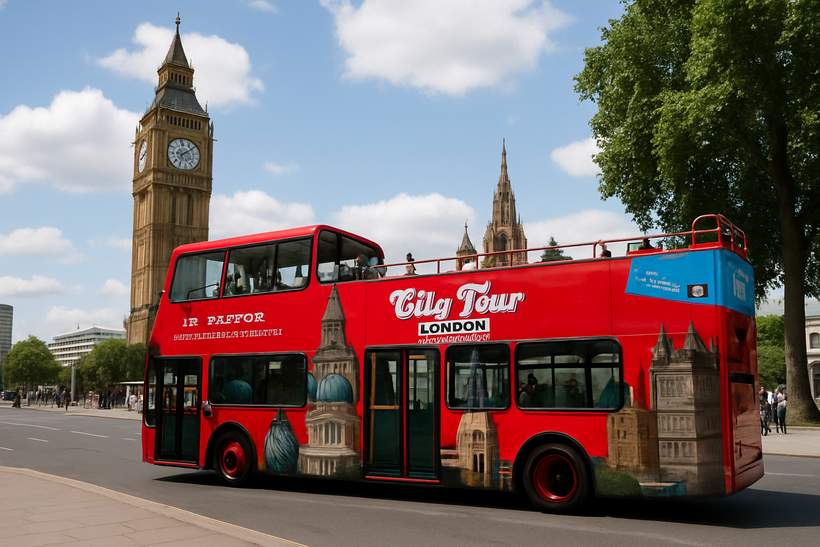Renewed Calls for a Ban on Gambling Advertisements in London’s Public Transport

Growing Concerns Over Gambling Ads in London’s Public Transport
The presence of gambling advertisements on London’s buses, trains, and Underground stations has once again sparked debate. Government officials are under increasing pressure to define what constitutes harmful gambling clearly, a move that would empower the Mayor of London to enforce a ban on such ads across all public transport networks.
Advocacy for a Citywide Ban on Gambling Ads
Supporters of stronger restrictions believe that a comprehensive citywide policy could help lessen the harms associated with gambling and enable coordinated action. A gambling support charity has proposed establishing a London-wide coalition involving public health specialists, local government representatives, and Transport for London (TfL) authorities to share insights and develop a unified approach to policy.
Transport for London, which manages the city’s public transportation including buses, trains, and the Underground, plays a central role in this discussion.
Impact of Gambling Harm in London
The debate has reignited following a recent report by the UK Gambling Commission revealing that over 1.4 million people in Britain experience gambling-related problems. A Labour representative and London Assembly Member described the city as the epicenter of the national gambling crisis, emphasizing that many London communities face worsening gambling harm, especially amid ongoing economic challenges.
Statistics show that nearly 5.6% of Londoners suffer from gambling harms—almost double the national average of 2.9%. The Gambling Commission’s latest report also indicates that half of the city’s population has participated in some form of gambling over the past year, with 37% gambling in the last month. This rate decreases to 23% when lottery participation is excluded.
Ongoing Debate on Advertising Restrictions
The discussion about limiting or banning gambling advertisements on public transport is not new. During his campaign, London’s mayor pledged to prohibit harmful gambling ads across TfL vehicles and stations. However, years into his term, this promise remains unfulfilled, prompting criticism from many Londoners.
The use of TfL advertising spaces has evolved beyond commercial promotion, becoming platforms for socially responsible messages promoting public health and safety, such as encouraging cycling and healthy eating.
Nonetheless, some argue that restricting advertising alone is an oversimplified solution. They suggest that without addressing deeper issues like financial instability and inadequate mental health support, limiting ad exposure may simply push gambling activities out of sight rather than reducing their accessibility.
Ultimately, the debate on gambling ads highlights a broader conversation about the role and responsibility of public spaces in guiding social behavior amidst commercial interests.